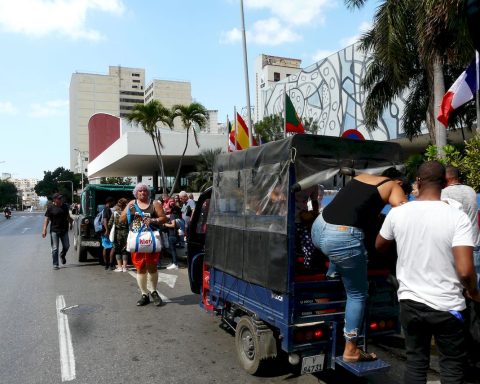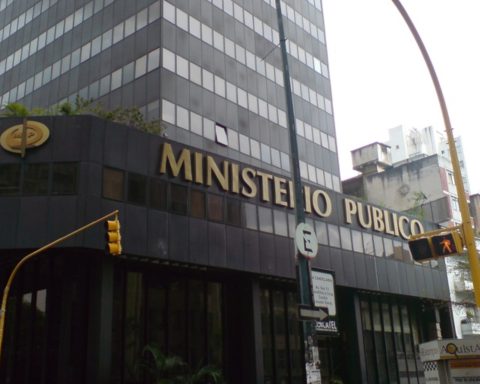An immigration judge has just denied political asylum to a Cuban who worked at the Havana airport who arrived in Miami last August as a stowaway on a JetBlue airline flight.
After almost six months of judicial proceedings, Yuniel Castillo Rodríguez is close to receiving a final deportation order, lawyer Willy Allen confirmed to Univisión.
Allen, who until now has not represented him, told the Hispanic chain that he intends to defend him in court on the grounds that the United States government made a mistake when several weeks ago some 6,000 data on people in deportation proceedings were publicly leaked. With this, he said, the government violated the privacy of Castillo Rodríguez.
The “disclosure of information is a violation of the policy. The agency is investigating the incident and taking all necessary corrective actions. ICE is notifying the citizens affected by the disclosure,” the US immigration service said recently, acknowledging its mistake.
At the end of November the Cuban complained bitterly of the possibility of being returned to the Island. Apparently, the authorities have requested his deportation.
“If I come to Cuba, they can throw me more than 25 years in prison for having deserted, for having hidden in a plane. I have a small child and I am uncertain of what could happen to me. All of us who are here have that fear,” Castillo said then.
Now he emphasized to Univisión: “they consider that there was not enough evidence to grant me political asylum in the United States.”
mayorkas speak
Coinciding with the immigration judge’s decision on Castillo Rodríguez, two weeks ago the Secretary of Homeland Security, Alejandro Mayorkas, reiterated in a statement that anyone who cannot establish a legal basis for remaining in the United States will be “removed.”
He explained that “once the Title 42 order expires, the Department of Homeland Security (DHS) will process people apprehended at the border who do not have proper travel documents using the powers it has long had under the Title 42 order. Title 8”.
The Title 8 It allows asylum to be requested at ports of entry and gives the government the power to deport and impose penalties on those who do not meet the requirements and are considered inadmissible, including a five-year re-entry ban on those who are not accepted.
DHS said it could release more migrants into the United States pending the processing of their immigration cases after Title 42 asylum restrictions end next week.
















